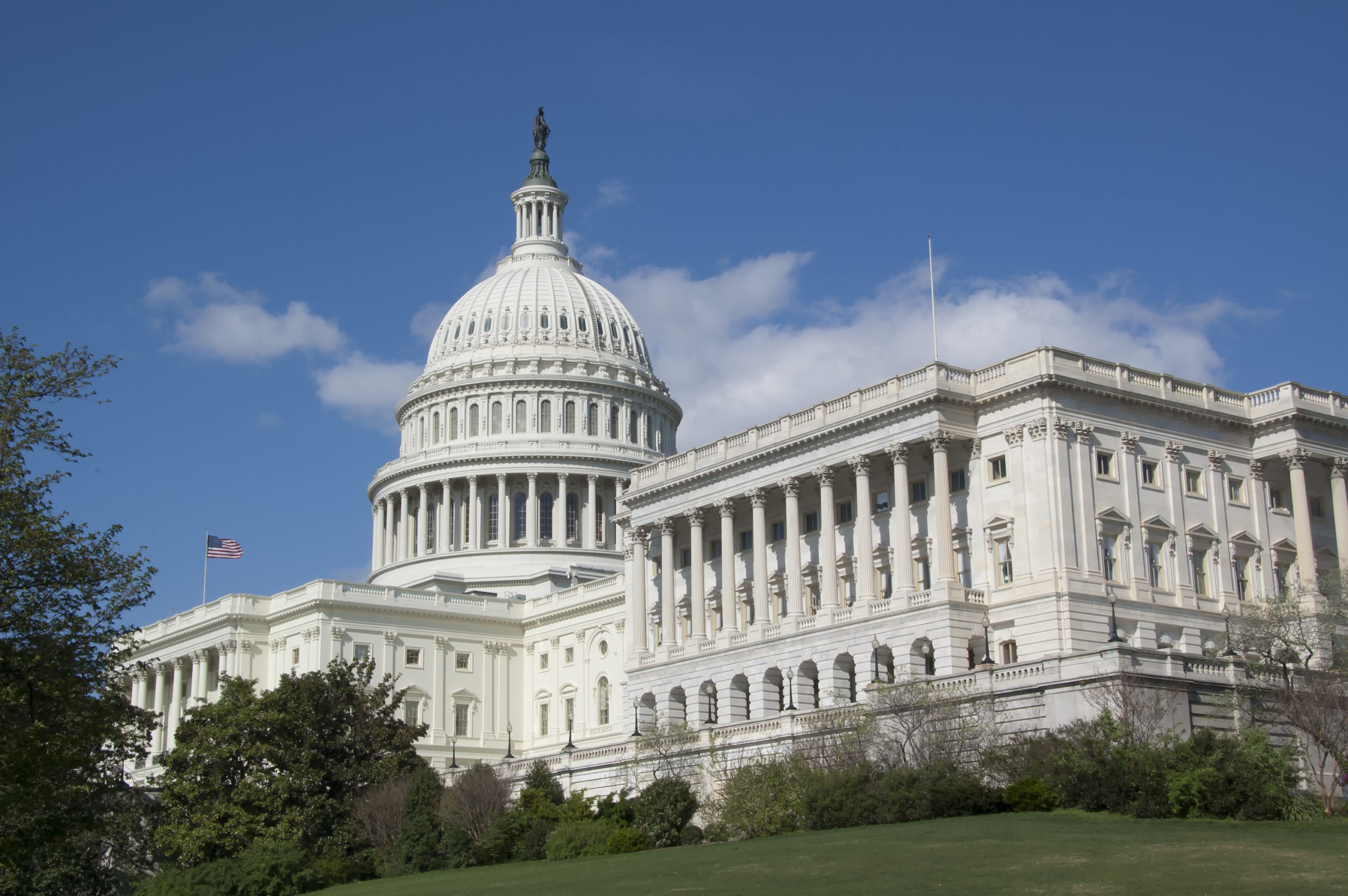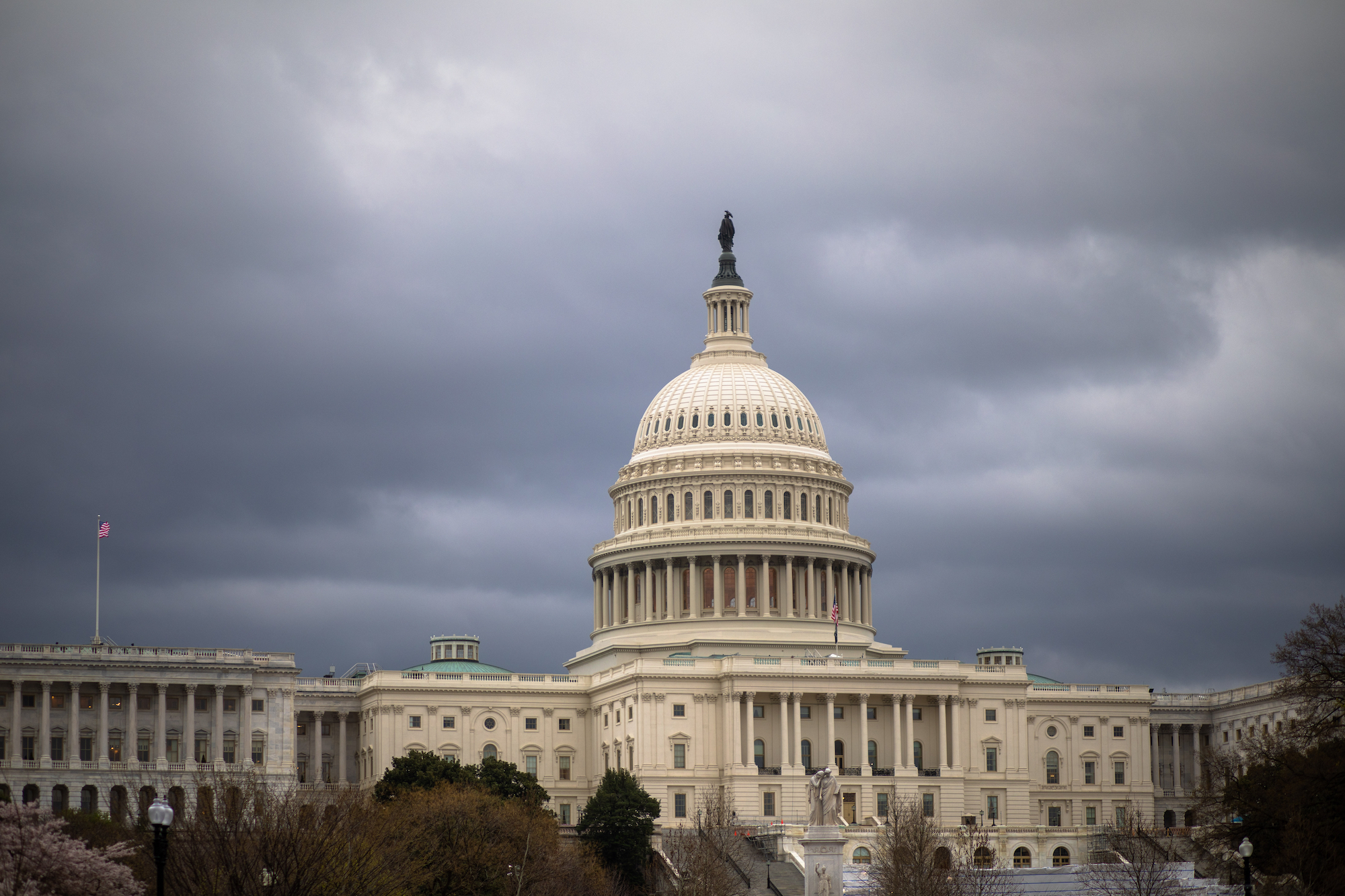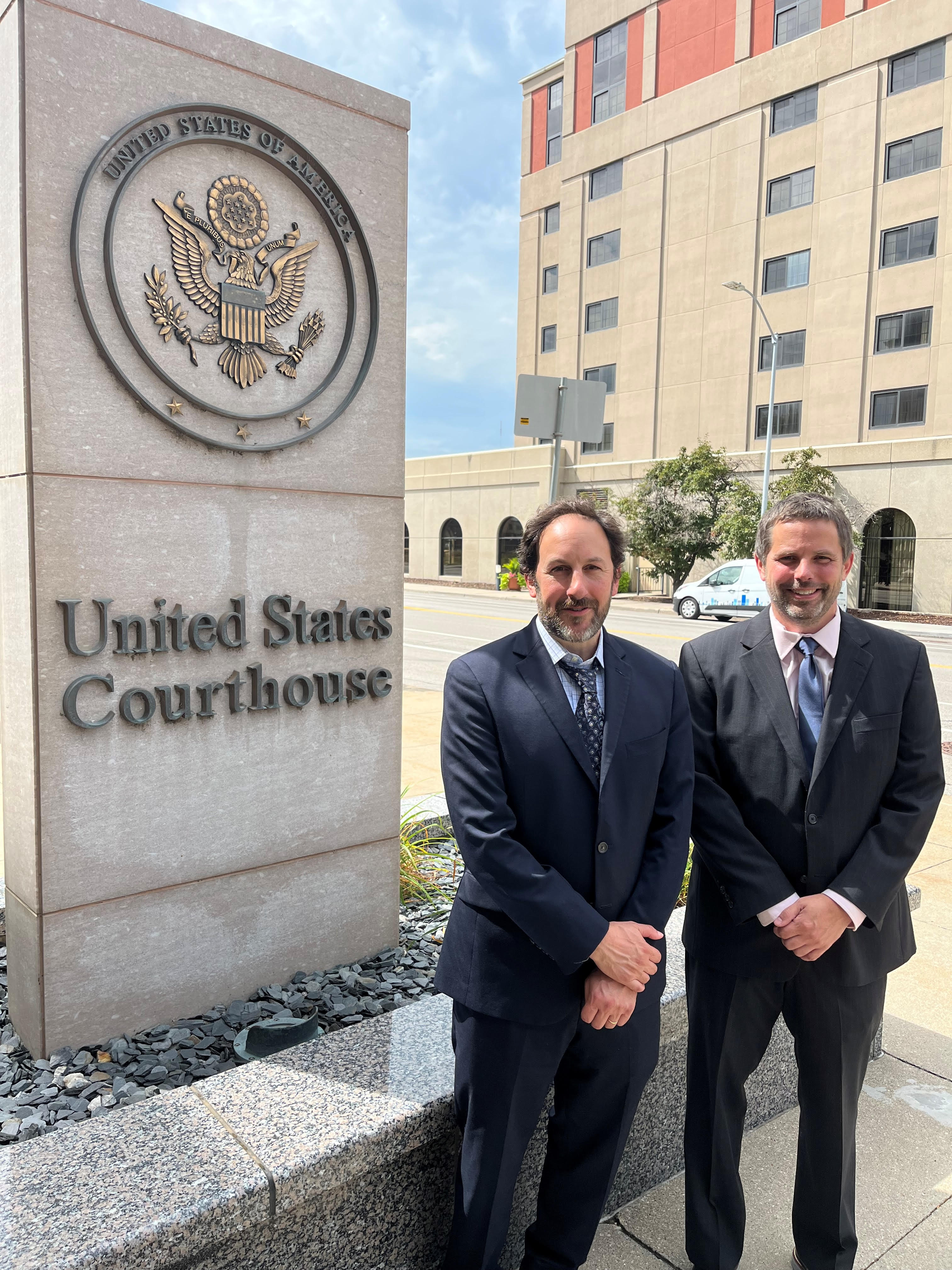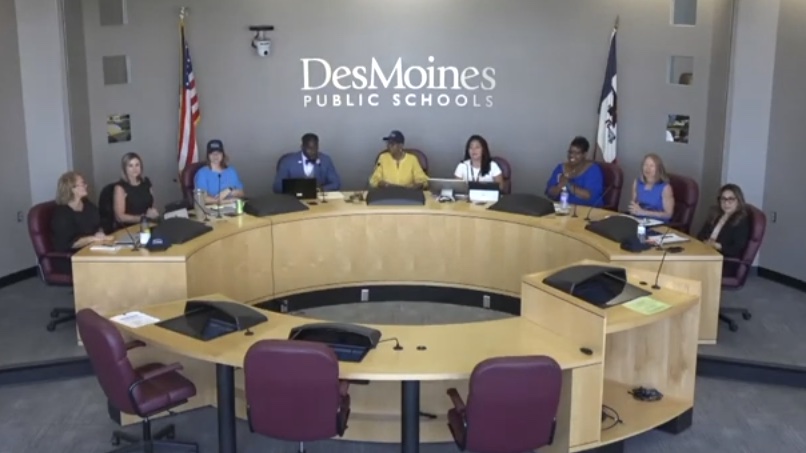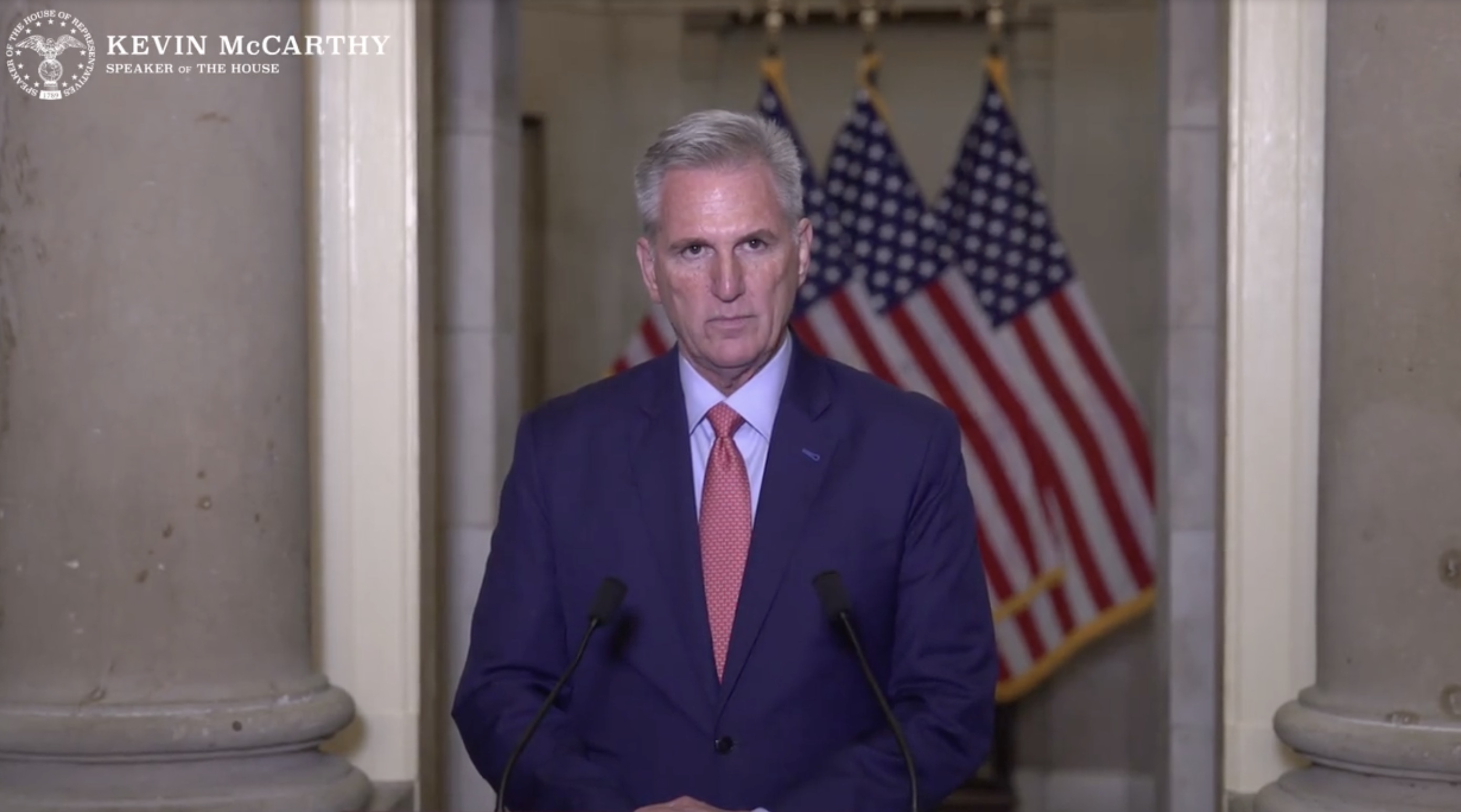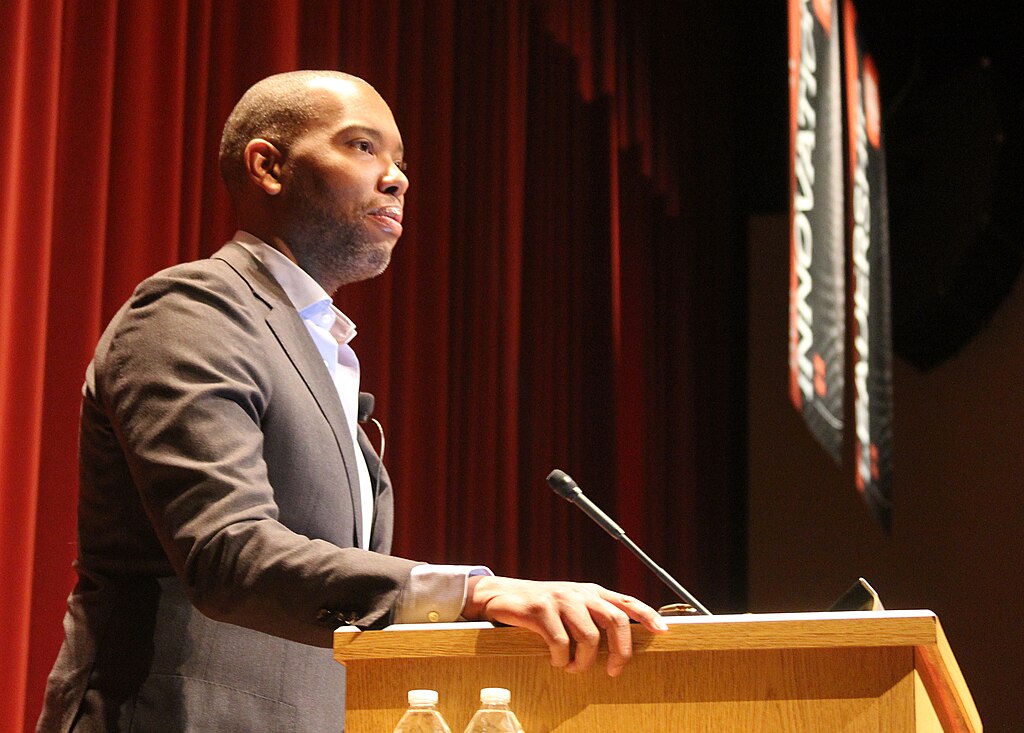Most Iowa wildflowers have gone to seed by now. But I’m always intrigued by the plants that keep blooming long after others. So I ventured out on yet another unseasonably warm day to photograph late bloomers in the prairie planting along the Windsor Heights trail, immediately behind the Iowa Department of Natural Resources building on Hickman Road.
I’ve been impressed by how well this patch has been managed over the past decade or so. It’s mostly free from the invasive plants that took over the onetime Eagle Scout project about a quarter-mile away on the Windsor Heights trail (near where Rocklyn Creek runs into North Walnut Creek).
The patch behind the Iowa DNR building is most colorful over the summer, but I enjoy watching the succession of wildflowers blooming, from golden Alexanders in the spring to rosinweed and wild bergamot in the summer to the last of the asters in the fall. There’s plenty of parking near the building, if you can’t access the area on foot or by bicycle. The Windsor Heights trail is paved and flat, for those who struggle with uneven ground.
I took all of the photos enclosed below on October 4.
Continue Reading...

